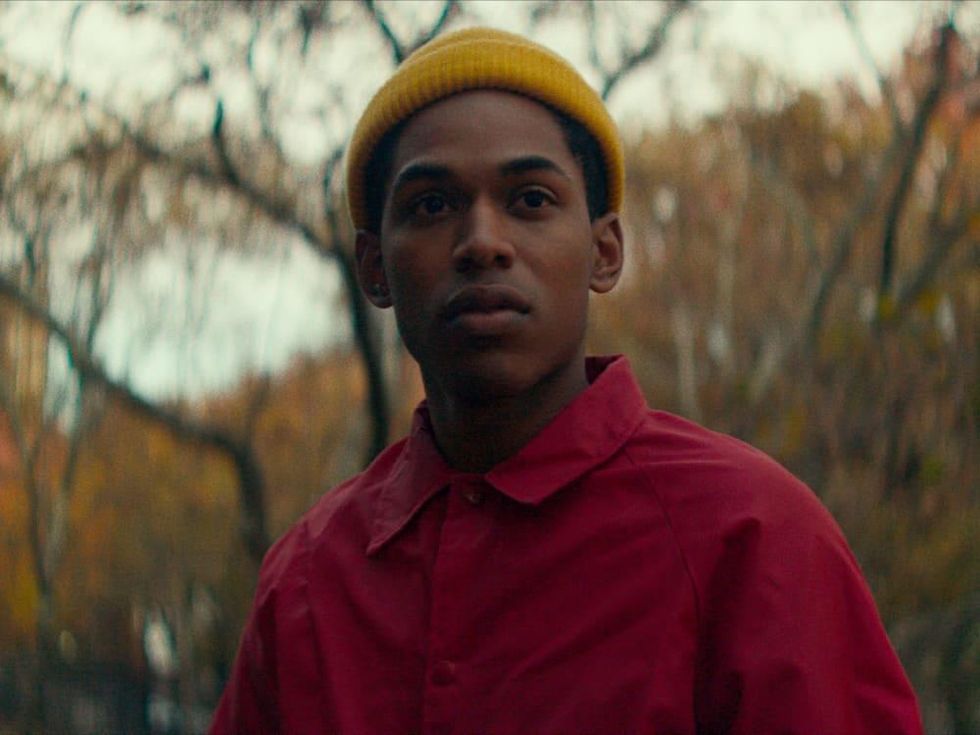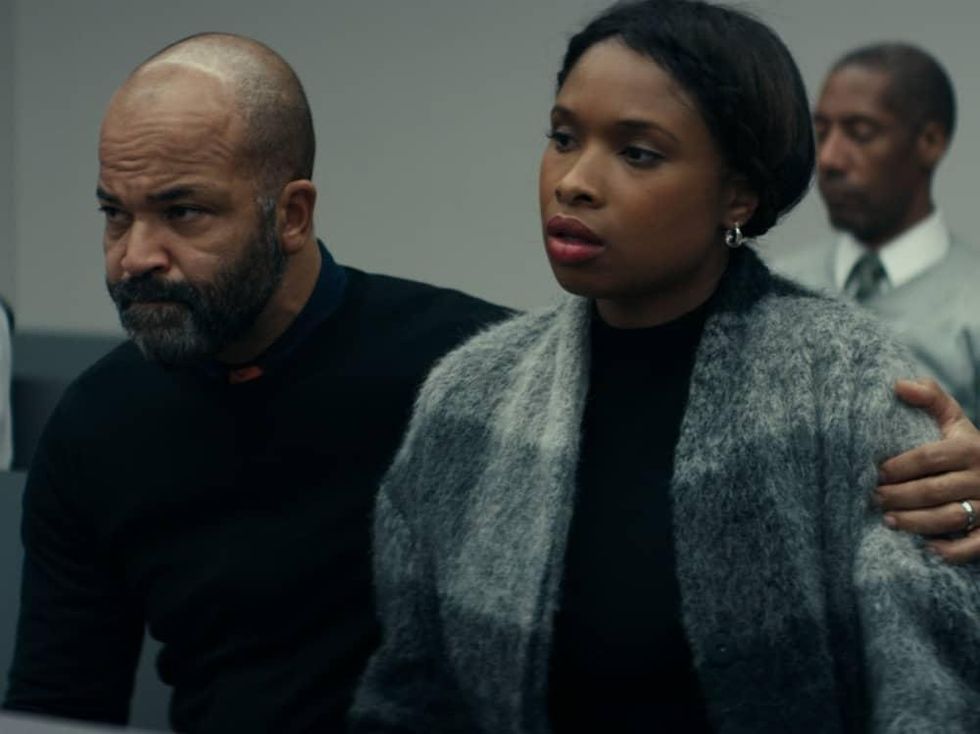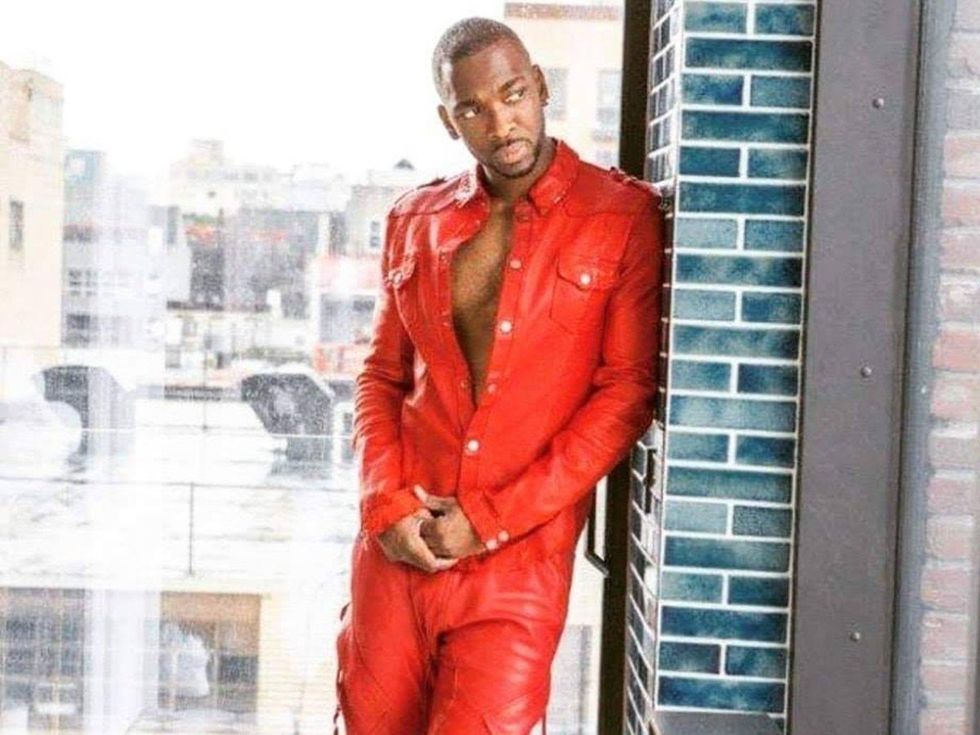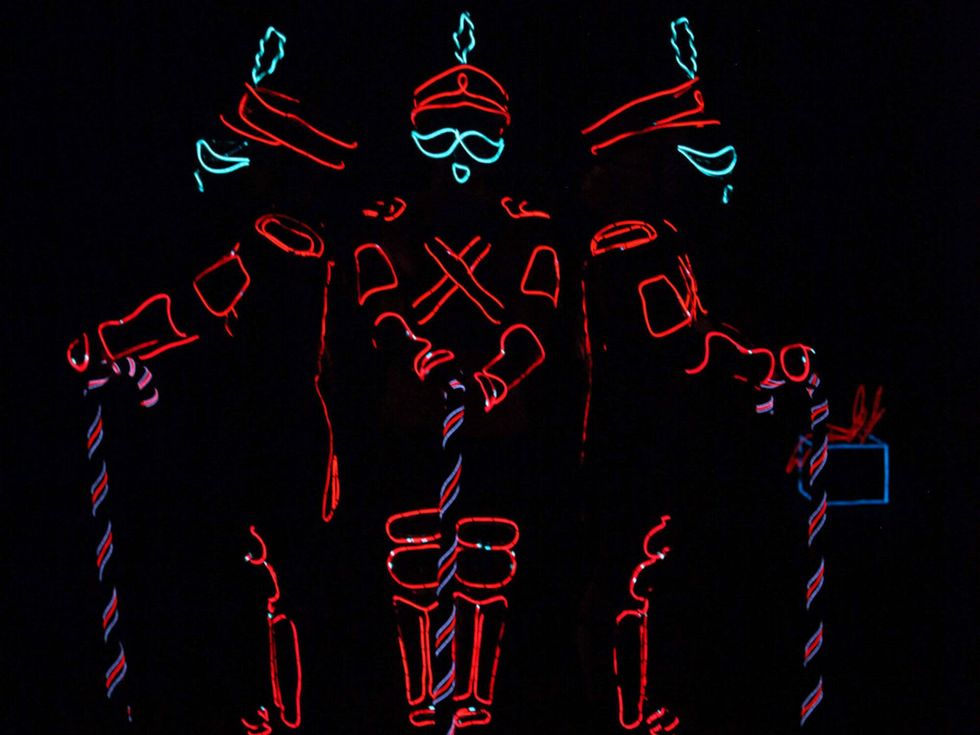Movie Review
Monster cast elevates Netflix crime drama that doesn't quite meet the moment
The reckoning over how Black people, and especially Black men, are too often regarded as threats by police and the public at large has been a long time coming. While there are examples of films confronting the issue going back decades, recent years have seen a notable uptick of filmmakers trying to illuminate something that has remained in the dark for much too long.
The latest film to do so is Monster, which centers on Steve Harmon (Kelvin Harrison, Jr.), a clean-cut kid with a passion for filmmaking who happens to live in a not-so-good neighborhood in New York City. As the film begins, Steve is in jail for what we soon learn is being an accomplice to the murder of a convenience store clerk, a crime committed by neighborhood acquaintances Richard “Bobo” Evans (John David Washington) and William King (Rakim Mayers, aka ASAP Rocky) while trying to rob the store.
The film proceeds to go back-and-forth in time, juxtaposing Steve’s life at home with his parents (Jeffrey Wright and Jennifer Hudson) and as a student in a film club with teacher Leroy Sawicki (Tim Blake Nelson) with his time in prison and on trial, along with interactions prior to the murder with Bobo, King, and other neighborhood kids. Crucially, though, it holds back much information about the crime itself, leaving it very much up in the air as to Steve’s guilt or innocence and raising the question of whether you can ever truly know someone or what they’re capable of.
The film, directed by Anthony Mandler and adapted by Janece Shaffer and Colen C. Wiley from the book by Walter Dean Myers, spends the majority of its time at the trial for the crime, which has the unusual structure of having Steve and King being tried at the same time with two different defense lawyers. The trial is extremely fast-moving; it goes through witnesses so quickly and with so little information imparted that it would seem as if the filmmakers are trying to disorient viewers, preventing them from ably becoming a proxy juror.
Harrison narrates much of the film through voiceover like his character is in a movie about his own life, and some of the footage is videos filmed by Steve around his neighborhood. There is interesting information in these scenes, including the pressures put on Steve from King, Bobo, and others, but Mandler, who’s mostly directed music videos in his career, appears to be more focused on aesthetics of the scenes than what they are actually trying to say.
Ultimately, the film just lacks the requisite emotion necessary to draw in viewers. It has been on the shelf for so long — it premiered at the 2018 Sundance Film Festival — that its impact has been usurped by other, better projects from its actors. Harrison starred in Waves, Jharrel Jerome won an Emmy for his part in When They See Us, and Washington starred in Spike Lee’s BlacKkKlansman, each of which had more insightful commentary about the Black experience than Monster.
Still, the level of talent in the film is impressive. Harrison is a star through-and-through, and it’s easy to see why he’s been the lead in so many notable films. Washington’s part is not huge, but he has a presence about him that can be seen much more clearly in his other recent films. Wright and Hudson are the two award-worthy veterans who, despite a big gap between their ages, work well together as a married couple.
The lesson Monster is trying to teach is not as clear as in other films of its ilk, but it still has enough to say to make it a worthwhile watch. If anything, it will be remembered as one of the earliest looks at the talents of Harrison and Jerome, who are well on their way to being reliably good movie stars.
---
Monster is streaming exclusively on Netflix.









